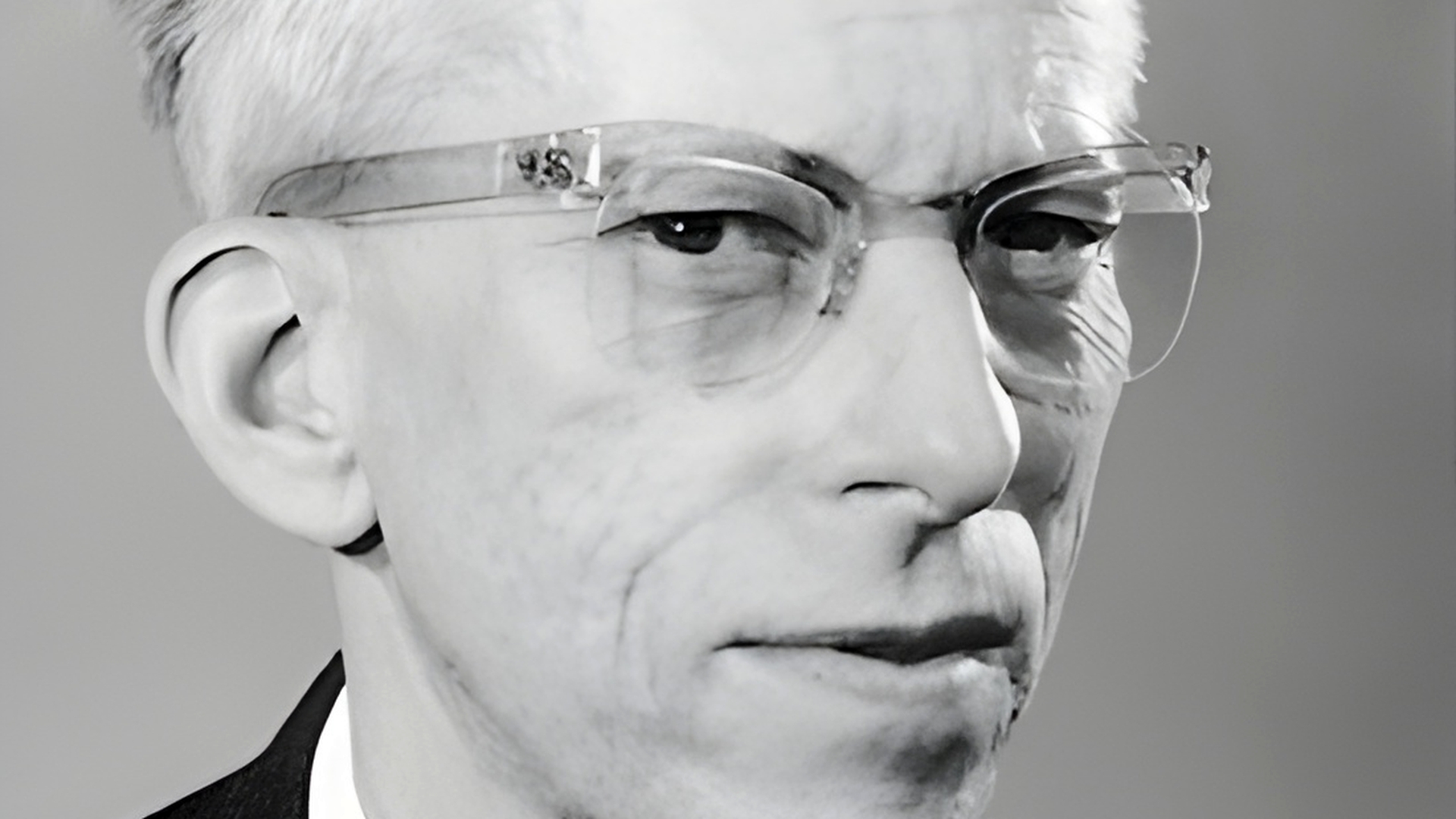Written by Rudolf Dvořák

Otto Wichterle
Otto Wichterle was born on the 27th of October, 1913 in Prostejov in what was then Austria Hungary. He was a world-famous Czech inventor and scientist. One of his most notable inventions was the contact lens, a product that has positively impacted the lives of millions of people across the globe.
Wichterle was born into an upper middle class family. His parents were Karel and Pravoslava Wichterle. He had two siblings. A sister Hana and a brother Jan. Wichterle’s mother had very influential people in her family so despite the fact that the Wichterles were not well off, they were comfortably able to afford all the necessities of ordinary life. Wichterle was initially home schooled, but he was admitted at the age of 9 to a local high school. Because he was about 11 years younger than most of his peers, Wichterle was socially very isolated and he remained a loner for most of his life. During his time at high school, Otto became interested in mathematics and physics.
Otto initially wanted to study engineering, however he eventually chose otherwise and in 1931 he enrolled into the Czech Technical University in Prague (CTU) and picked chemistry as the topic of his future studies. During his time at university Wichterle also became interested in politics and he attended a local political club of which he eventually became the chairman. However, after the Nazis took over Czechoslovakia in 1939, all of the universities in the country were shut down. Because some students were also arrested, Wichterle left the university and went on to work in Batas laboratories in Zlin. During his time in Zlin Otto was part of a book club. These book clubs were deemed illegal by the Nazis and Wichterle was even arrested and interrogated by the Gestapo. He was eventually released and deemed a non-threat. After the war he returned to Prague and helped restore the universities there.
Otto Wichterle is most well-known for his invention of contact lenses. Allegedly Wichterle got the idea for soft contact lenses while on a train ride in 1952. On this train he noticed an article which discussed the possible surgical implantation that would help people see better. These implants however included heavy metals and because of this Otto was skeptical. He eventually realized that hydrogel would be a better substitute. He carried on with his research but after 1958 he was deemed politically dangerous by the communists, and he lost his job. He managed to secure a small grant from the health ministry but even that was terminated in 1961 because of diminishing returns. However, by the end of 1961 Wichterle managed to perfect his formula on a device he jerry-rigged at home from Merkur (a popular kids toy made of metal not unlike Lego). With this breakthrough he managed to convince the government and they provided further funding. By 1963 his soft contact lenses were in full production.
Wichterle, despite his lack of social skills, managed to marry. His wife occasionally helped him with his research. They had two children Ivan and Kamil. With 1968 and the Soviet occupation of Czechoslovakia Wichterle was no longer able to travel the world to see the good that his invention had done. He was ostracized by the communist party and therefore most of the eastern bloc scientific community. He received the highest state honours in 1989 after the collapse of communism. He died on the 18th of August 1998 aged 84.